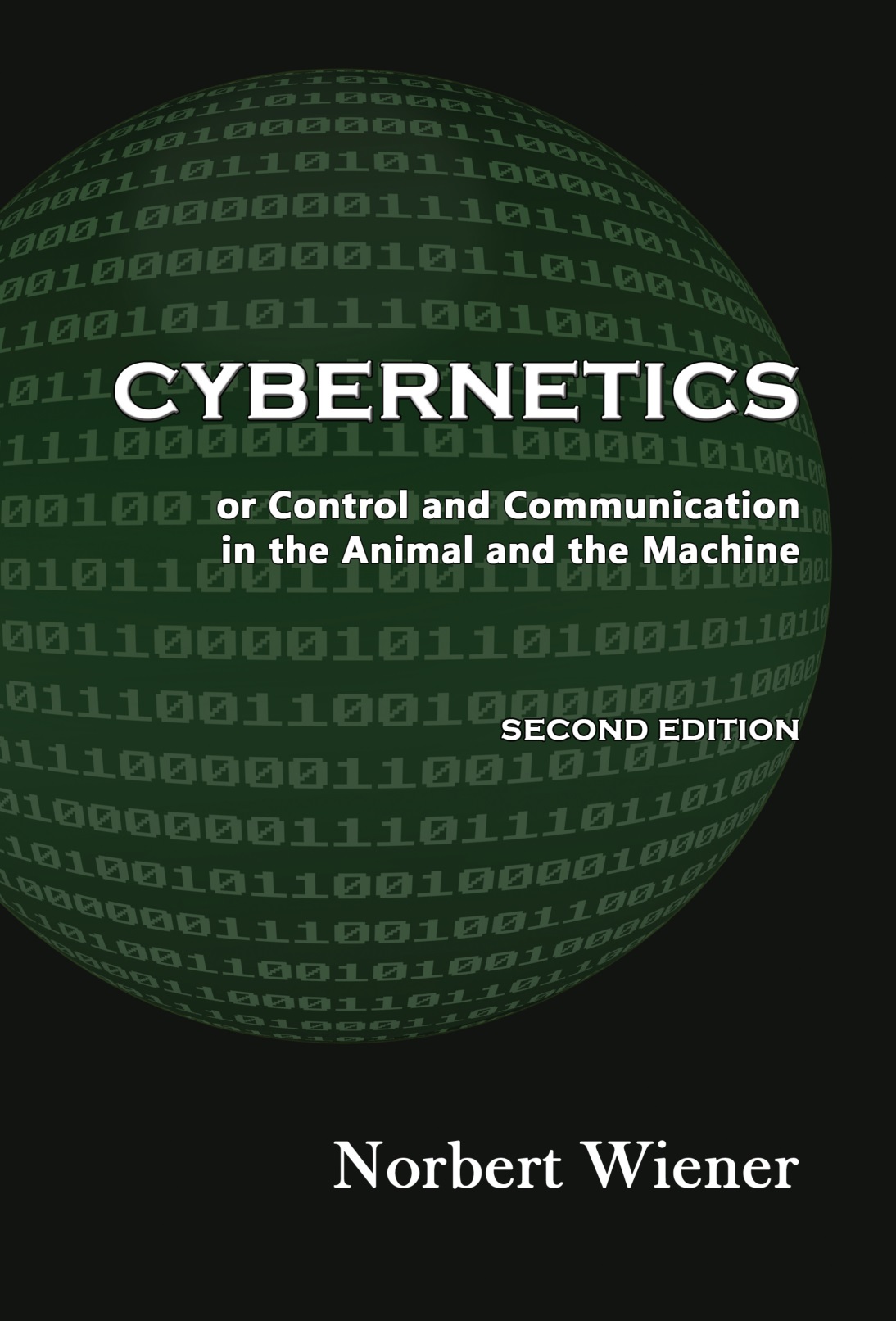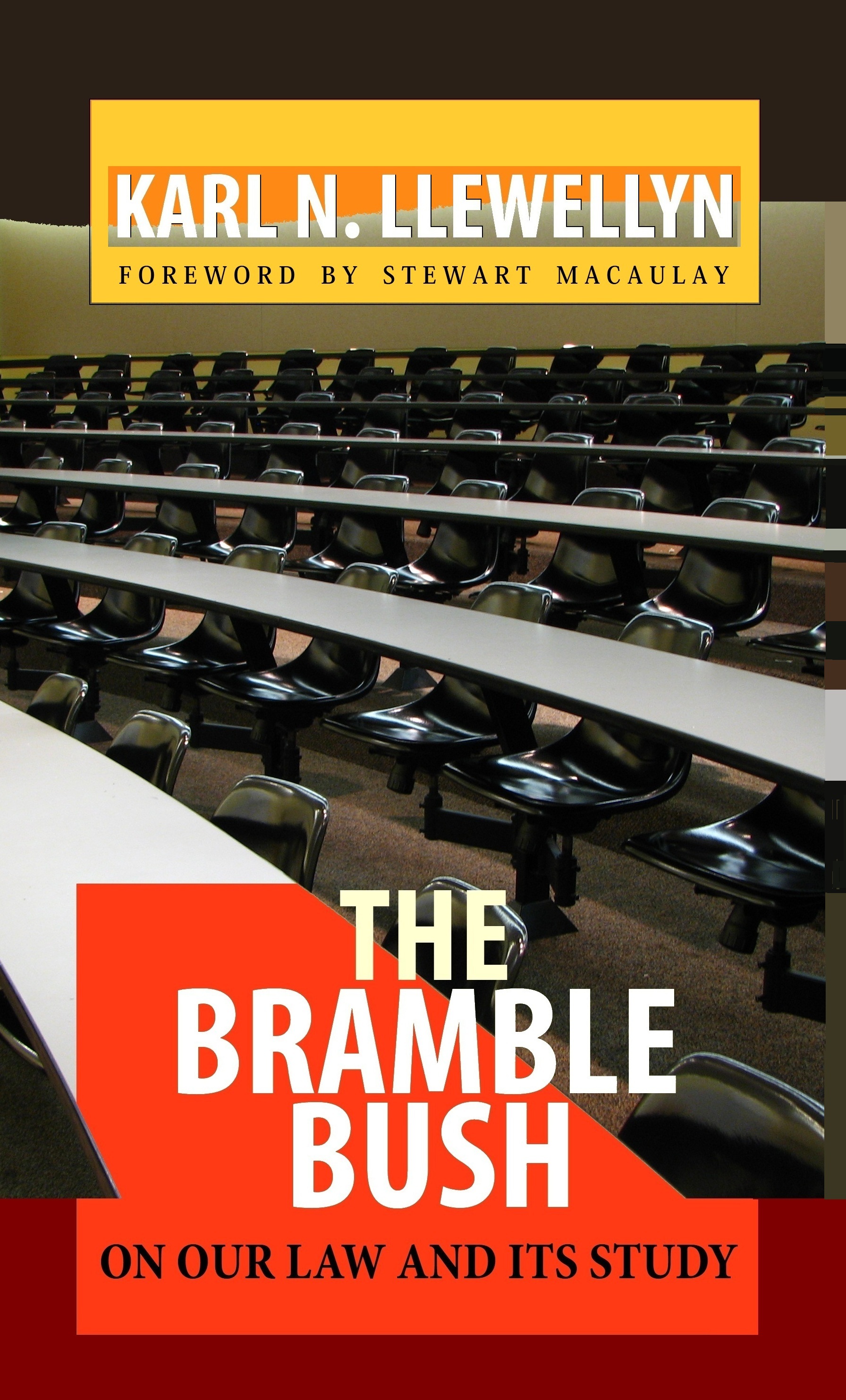The Bank Teller: Peter Gabel
 The Bank Teller explores the desire within each of us to overcome our isolation and to see and be seen by the other in a relation of authentic connectedness. (Available on many sites, below.) Insisting that this desire for “mutual recognition” is the very foundation of our social being and is as fundamental in the spiritual realm as the need for food and shelter is in the material realm, Peter Gabel shows how the fear of humiliation blocks our capacity to become fully present to each other and leads us to collectively reproduce an alienated and artificial society that isolates us from one another and from the capacity to fully experience the natural world. In a series of strikingly original essays, Gabel shows how “the opening up of desire” requires a fundamental
The Bank Teller explores the desire within each of us to overcome our isolation and to see and be seen by the other in a relation of authentic connectedness. (Available on many sites, below.) Insisting that this desire for “mutual recognition” is the very foundation of our social being and is as fundamental in the spiritual realm as the need for food and shelter is in the material realm, Peter Gabel shows how the fear of humiliation blocks our capacity to become fully present to each other and leads us to collectively reproduce an alienated and artificial society that isolates us from one another and from the capacity to fully experience the natural world. In a series of strikingly original essays, Gabel shows how “the opening up of desire” requires a fundamental  challenge to our existing social institutions and a new political strategy that invents new forms of work, friendship, and community.
challenge to our existing social institutions and a new political strategy that invents new forms of work, friendship, and community.
See the Publisher’s Weekly review on Amazon’s webpage. And others:
“In this insightful and provocative essay collection, Peter Gabel–lawyer, psychoanalytic theorist, associate editor of Tikkun magazine, and philosopher extraordinaire–examines the psychic and spiritual losses that attend our new-age reduction of ethics to cost-benefit analysis. Compassionate, polemical and witty, The Bank Teller reveals the limits of a world in which human regard is measured only by the commercial value of one’s approval ratings.” -Patricia Williams, columnist for The Nation and author of The Alchemy of Race and Rights
“In evocative, accessible, and often beautiful language, he describes how we could address our longing for connection and recognition, and thereby break through the rituals of denial that keep us apart.” -Gary Peller, professor of law, Georgetown University
“I chose Peter Gabel’s The Bank Teller as an undergraduate religion text for its radical clarity in exposing American cultural forces of alienation that deny our common human desire for genuine connectedness and community. Gabel’s “politics of meaning” is built upon Buber’s I-Thou and seeks the healing inherent in Buber’s ideal. Gabel’s essays focus on images of pseudocommunity and its legitimating myths and false moral visions. As they read, students realize the powerfully destructive nature of deceptive acculturation processes leading people to accept poor substitutes for community, and concealing personal isolation, longing, and pain, even within churches. Gabel’s emphasis on healing rather than societal norms of escape and denial is as refreshing as it challenging, especially for intense group discussion.” -Craig Bowman, professor, Rochester College and Pepperdine University
Available for immediate purchase at the Amazon webpage, with links to its paper editions too.
The Smashwords edition, downloadable in eight easy formats including PDF, is also available. Smashwords added this fascinating book to its Premium Catalog, for distribution to Apple, Sony, and Barnes & Noble in universal ePub format. But you can also read it on Apple devices and computers with the Kindle app or Nook app.
ALSO AVAILABLE AT SONY FOR SONY READER.
AND AT BARNES & NOBLE FOR NOOK.
Look for it also on Apple iPad from the iBooks catalog in iTunes (previewed online here); at Google Play and Google Books; and it also can be found at Diesel e-books and Kobobooks.
In the UK for Kindle, see it at the Amazon UK store.



